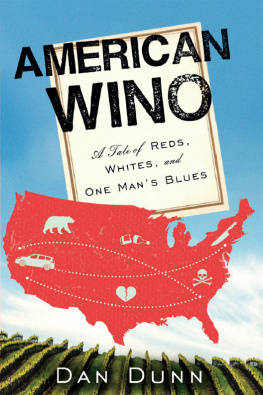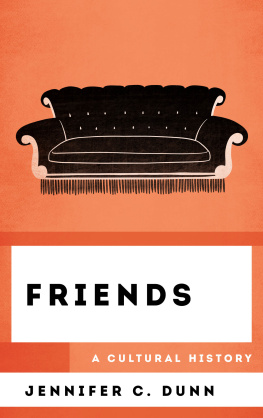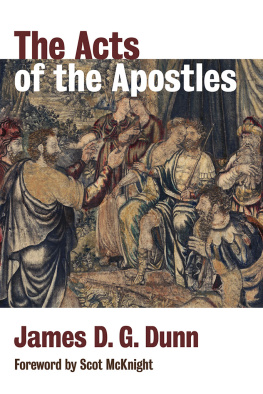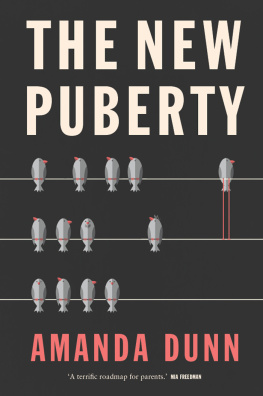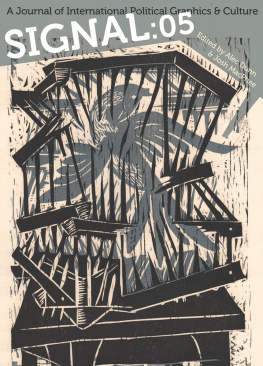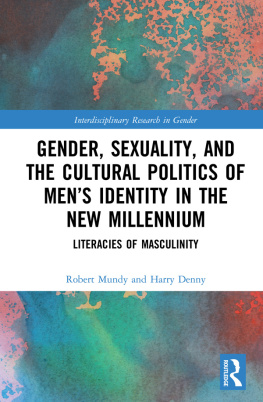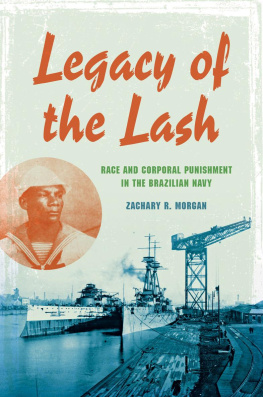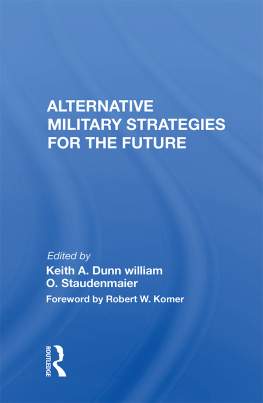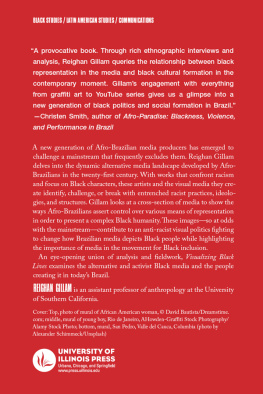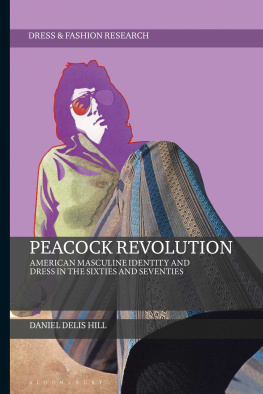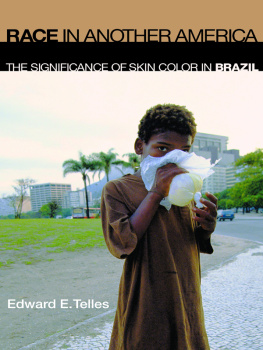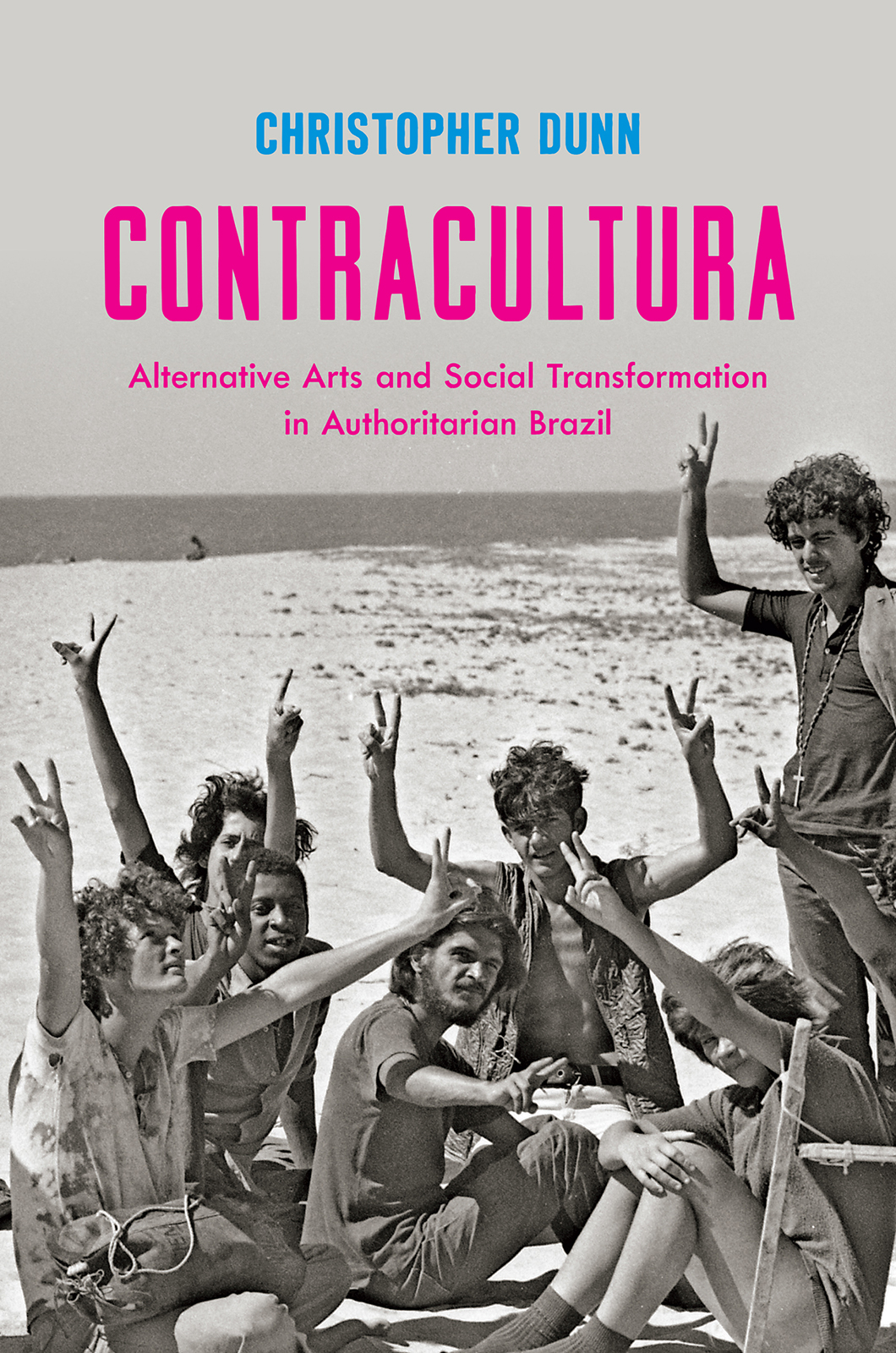Acknowledgments
I am, first and foremost, grateful to Elaine Maisner, senior executive editor at the University of North Carolina Press, for her encouragement, insight, and patience throughout the many years it took me to research and write this book. She took an interest in my work early on and has remained steadfast in her support ever since. I also wish to thank Dino Battista, Mary Caviness, Alison Shay, and the rest of the staff of UNC Press. I am truly fortunate to have had the opportunity to work with this superb university press since the beginning of my scholarly career.
It has been a tremendous privilege to teach and conduct research at Tulane University during the past two decades. I have realized, no meio do caminho, that there is no better place for me to teach and pursue my intellectual passions. Michael Bernstein, provost and vice president of Academic Affairs, and Carole Haber, dean of the School of Liberal Arts, fostered a supportive environment during the time I developed this project. The School of Liberal Arts provided funding for the rights to reproduce some of the period photographs in this book. I offer many thanks to Tom Reese, executive director of the Stone Center for Latin American Studies, and to Hortensia Calvo, director of the Latin American Library, who have assisted me in ways large and small. My colleagues at Tulane University have provided friendship, intellectual stimulation, and all manner of assistance over the years. Idelber Avelar and Rebecca Atencio are beloved friends and brilliant interlocutors who have contributed to the development of this project. Thanks also to Rosanne Adderley, Elizabeth Boone, Claudia de Brito, Barbara Carter, Colin Crawford, Jean Dangler, Gaurav Desai, Jimmy Huck, T. R. Johnson, Zachary Lazar, Megwen Loveless, Valerie McGinley Marshall, Vicki Mayer, Tatjana Pavlovic, Marc Perry, Mauro Porto, Dan Sharp, Maureen Shea, Terry Spriggs, John Verano, and Edie and Justin Wolfe.
I wish to thank the National Endowment for the Humanities for a research fellowship during the 201314 academic year. I have the fondest memories of that period, during which time I lived with my family in Madison, Wisconsin, the lovely hometown of my parents. My Uncle Tad and Aunt Joan provided familial warmth and cheer, which got us through a long, cold winter, polar vortex and all. I am indebted to Severino Albuquerque and Kathryn Sanchez, who welcomed me to the vibrant community of Luso-Brazilianist scholars at the University of Wisconsin, where I was a Fellow of the UW Brazil Initiative. Kathryn generously lent me her carrel on the fifth floor of Memorial Library, where I drafted most of this book.
I am forever indebted to my professors and mentors at Brown UniversityAnani Dzidzienyo, Thomas Skidmore, Luiz Valente, and Nelson Vieiraas well as to Peter Blasenheim, who introduced me to the history, cuisine, and music of Brazil many years ago when I was an undergraduate student at The Colorado College. J. Lorand Matory gave me a ruler and a compass (to quote a song by Gilberto Gil) and then pointed me in many directions. Randal Johnson, Jeffrey Lesser, Charles Perrone, and Robert Stam have provided inspiration and support over many years. I wish to thank friends and colleagues throughout Brazil, the United States, and Europe, who have contributed to this project in myriad ways: Paulina Alberto, Durval Muniz de Albuquerque Jr., Armando Almeida, Pedro Amaral, Vitria Aranha, Paulo Csar de Arajo, Beatriz Azevedo, Luca Bacchini, Elisabete Barbosa, Patrick Barr-Melej, Carlos Basualdo, Sophia Beal, Marcus Brasileiro, Kim Butler, Steven Butterman, Claudia Calirman, Bruno Carvalho, Frederico Coelho, Sergio Cohn, Benjamin Cowan, Silvio Humberto Passos Cunha, Jerry Dvila, Marshall Eakin, Fran Faller, Ftima and Joo Farkas, Martin Cezar Feij, Marcus Freitas, John and Jan French, David George, Jaime Ginzburg, Fred and Graa Gos, Glen Goodman, James Green, Tracy Devine Guzmn, Marc Hertzman, Scott Ickes, Leon Kaminski, Victoria Langland, Silvia Lopez, Valeria Manzano, Helosa Marcondes, Bryan McCann, Paulo Miguez, Fred Moehn, Pedro Meira Monteiro, Milton Moura, Tereza Nakagawa, Marcos Napolitano, Maringela Nogueira, Csar Oiticica Filho, Ana de Oliveira, Derek Pardue, Anthony Pereira, Patricia de Santana Pinho, Joanne Pottlitzer, Joo Jos Reis, Marcelo Ridenti, Dylon Robbins, Livio Sansone, Alessandra Santos, Joclio Teles dos Santos, Nicolau Sevcenko (19522014), Elena Shtromberg, Irene Small, Patricia Sobral, Liv Sovik, Deborah Sztajnberg, J. Michael Turner, Herom Vargas, Barbara Weinstein, Jos Miguel Wisnik, George Ydice, and Eric Zolov. Thanks to two anonymous reviewers who offered insightful critiques and splendid recommendations.
Finally, I am deeply appreciative of those Brazilian artists and intellectuals who shared with me their recollections and thoughts about culture, politics, and everyday life during the period of authoritarian rule: Lino Almeida (19582006), Armindo Bio (19502013), Paulinho Boca de Cantor, Helosa Buarque de Hollanda, Rui Campos, Ivan Cardoso, Chacal, Xico Chaves, Jos Celso Martinez Corra, Neville DAlmeida, Hlio Eichbauer, Juca Ferreira, Luciano Figueiredo, Dom Fil, Fernando Gabeira, Luiz Galvo, Gilberto Gil, Gerson King, Jards Macal, Luiz Carlos Maciel, Antonio Manuel, Antonio Luiz Martins, Ney Matogrosso, Jorge Mautner, Carlos Alberto Medeiros, Luiz Melodia, Leila Miccolis, Moraes Moreira, Andr Luiz Oliveira, Antonio Risrio, Joo Jorge Rodrigues, Jorge Salomo, Waly Salomo (19432003), Silviano Santiago, Renato da Silveira, and Caetano Veloso. I am most grateful for the friendship of Tom Z and Neusa Martins, who have looked after me during my visits to So Paulo.


